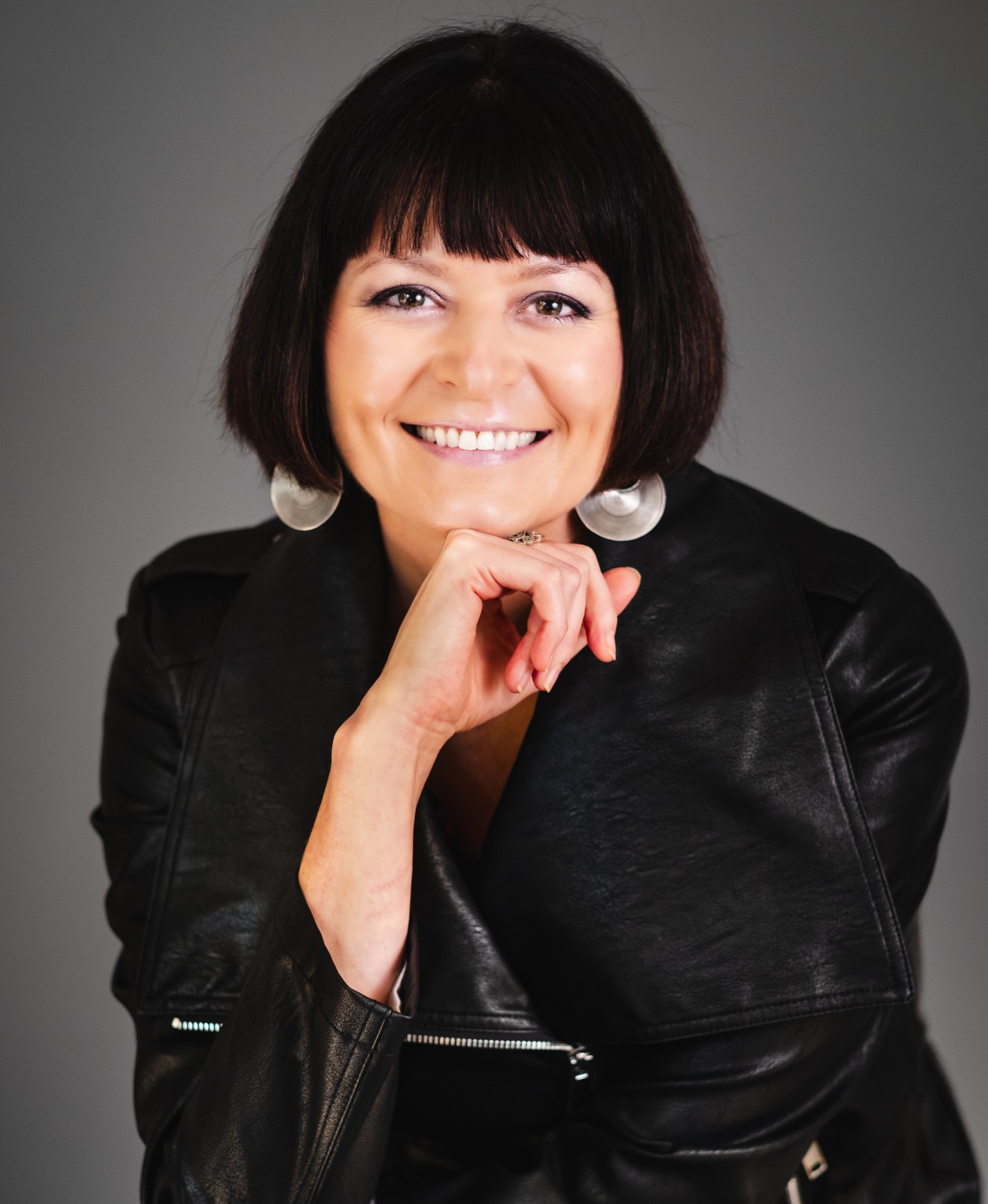Colloquia
Who's Afraid of DEI? Ideologies of Epistemic Purity and Opposition to Workplace Diversification Efforts
Abstract: Opposition to DEI efforts is a formidable obstacle to concrete efforts to address workforce inequality. How do DEI critics conceptualize and articulate their opposition? Beyond prejudicial beliefs about the groups these efforts are meant to support, DEI opponents see their opposition as strategies of defense—defense of their personal and professional honor and defense of venerated moral codes of work. I summarize the contours of a larger book project on DEI opposition and examine one facet in depth: ideologies of epistemic purity. These are moralized ideas about defending the integrity of professional expertise and practice from threat. I examine the connection between three ideologies of epistemic purity— depoliticization, bias immunity, and technical/social dualism — and professionals’ diversification beliefs. Analyzing mixed method survey data, we find that intersectionally advantaged professionals who endorsed these ideologies were more likely than their peers to see diversification efforts as harmful to STEM excellence and innovation. Although marginalized and minoritized professionals, and professionals with strong social justice commitments, were less likely to endorse ideologies of epistemic purity, when they did, they too opposed diversification efforts. Survey data illustrate STEM professionals marshalling these ideologies to express their opposition.
Bio
(From https://www.erinacech.com/about)

Erin A. Cech is an Associate Professor in the Department of Sociology and Associate Professor by courtesy in the Department of Mechanical Engineering at the University of Michigan.
She was a Postdoctoral Fellow at the Clayman Institute for Gender Research at Stanford University and was on faculty at Rice University. She earned her Ph.D. in Sociology from the University of California, San Diego and undergraduate degrees in Electrical Engineering and Sociology from Montana State University.
Cech's research examines cultural mechanisms of inequality reproduction--specifically, how inequality is reproduced through processes that are not overtly discriminatory or coercive, but rather those that are built into seemingly innocuous cultural beliefs and practices.
She investigates this puzzle through three avenues of research. First, she uses quantitative and qualitative approaches to examine inequality in science, technology, engineering and math (STEM) professions--specifically, the recruitment and retention of women, LGBTQ, and racially minoritized students and practitioners and the role of professional cultures in this inequality. Second, Cech examines how cultural definitions of “good work” and “good workers” can anchor inequality in the workforce. For example, she examines the role of the “passion principle” in the reproduction of occupational inequalities: how seemingly voluntary and self-expressive career decisions help reproduce processes like occupational sex segregation.
Finally, she studies how cultural understandings of the extent and origin of inequality help to uphold unequal social structures. Cech’s research is funded by multiple grants from the National Science Foundation. Her research has been cited in The New York Times, The Washington Post, CNN, Time, The Guardian, Forbes, Chronicle of Higher Education and the news sections of Science and Nature. She has written op-eds in The Atlantic, Harvard Business Review, and The Conversation.
In 2021, Cech received the Henry Russel Award, "the University of Michigan's highest honor for faculty at the early to mid-career stages of their career, conferred annually to faculty members who have demonstrated an extraordinary record of accomplishment in scholarly research and/or creativity, as well as an excellent record of contributions as a teacher."
Cech's first book, The Trouble with Passion: How Searching for Fulfillment at Work Fosters Inequality (University of California Press) was published Nov 2021 and is available in the US and internationally. It was named one of Financial Times' Best Business Books of 2021.
Her second book, Misconceiving Merit: Paradoxes of Excellence and Devotion in Academic Science and Engineering (University of Chicago Press), written with Mary Blair-Loy, was published June 2022.